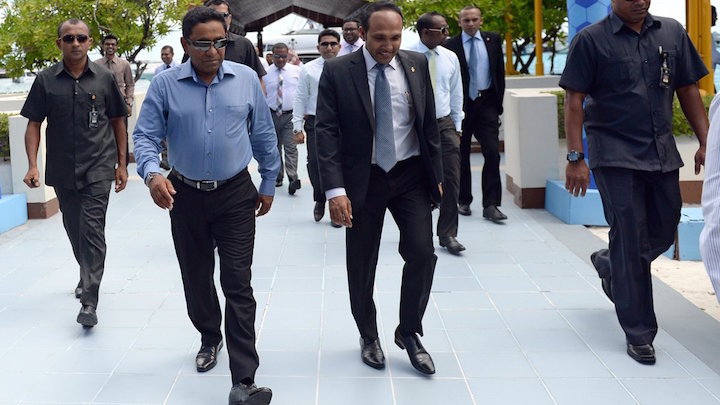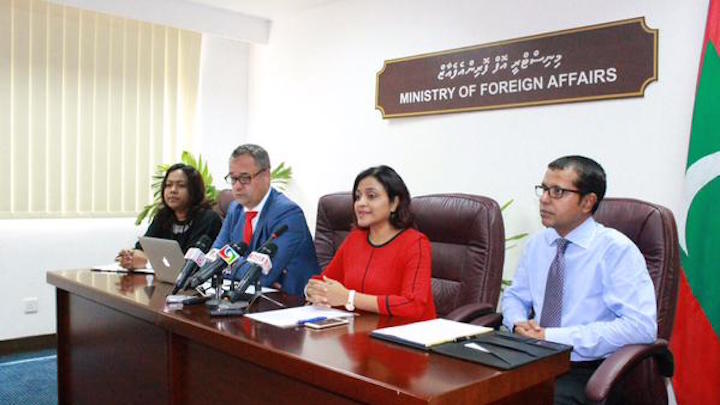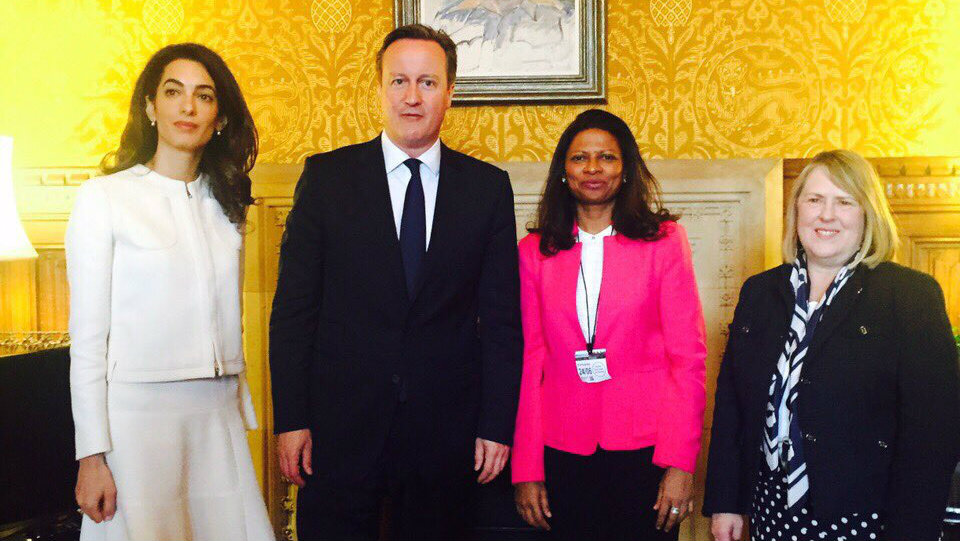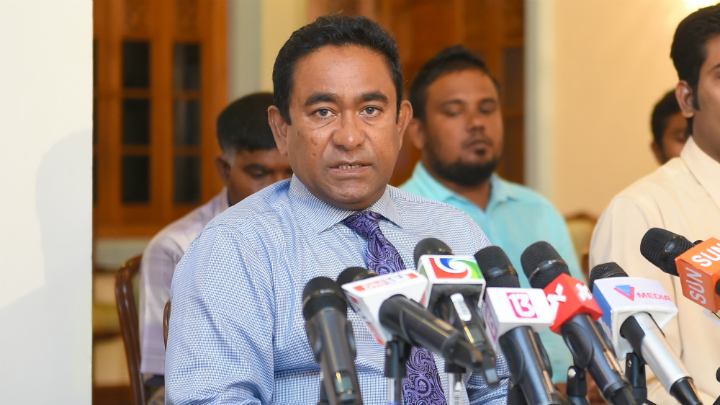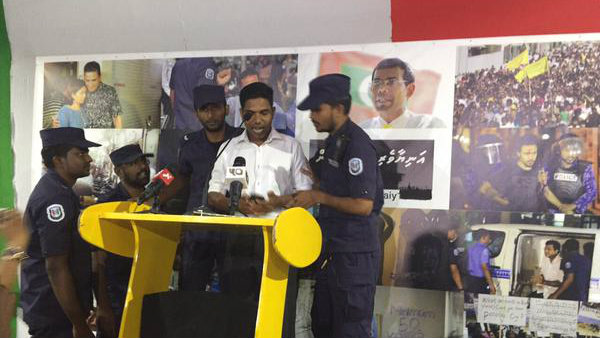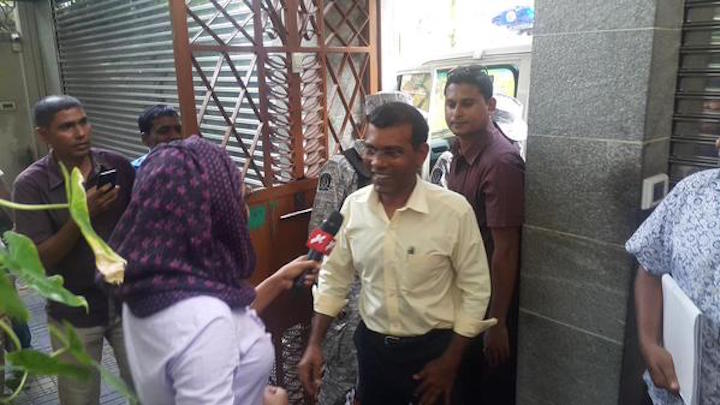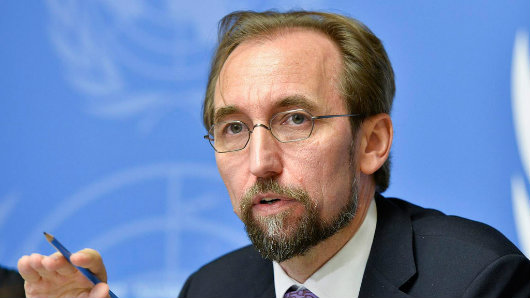A parliament sub-committee last night approved changes to the People’s Majlis rules of procedure to fast-track the process of impeaching the vice president.
The new rules state the parliament can vote on a no-confidence motion in the vice president without an investigation.
The changes will be put to a vote at tomorrow’s sitting.
The constitution gives the parliament the discretion to establish a select committee to investigate accusations against the president or vice-president.
The parliament’s standing orders currently state that a committee must investigate allegations against the vice president or the president before impeachment. But the pro-government majority on the general affairs committee amended the rules for the impeachment of the vice president. MPs did not change the process of impeaching the president.
The vice president must be given a 14-day notice ahead of the parliamentary debate on the resolution, according to the constitution.
The ruling Progressive Party of Maldives-Maldives Development Alliance (PPM-MDA) coalition is seeking to replace Vice President Dr Mohamed Jameel Ahmed with tourism minister Ahmed Adeeb.
Jameel left for Sri Lanka last week after President Abdulla Yameen authorised a medical leave. He was due to return last night, but has departed for London without informing the Maldives National Defence Force, which provides security for the vice president.
The vice president’s bodyguards reportedly did not travel with him to the UK, according to local media reports. The MNDF declined to comment on the incident.
PPM parliamentary group leader Ahmed Nihan told Minivan News today that the no-confidence motion is likely to be submitted to parliament tomorrow.
Nihan previously told Minivan News that pro-government MPs are unhappy with Jameel over his alleged failure to defend the government during an opposition mass protest in Malé on May 1. Nearly 200 people were arrested from the historic 20,000-strong march.
Ruling coalition MPs have also publicly accused Jameel of incompetence and disloyalty.
Some opposition politicians have claimed President Yameen is fatally ill and wants a more loyal deputy ahead of a life-threatening surgery, but Nihan has dismissed rumors over the president’s health.
PPM MP Mohamed Musthafa and MDA MP Mohamed Ismail have condemned the vice president’s departure on social media.
Musthafa said that the president did not authorise Jameel’s trip while Ismail said the vice president had “fled” the country.
The MP for Hoarafushi – who had submitted the constitutional amendment – said in a Facebook post today that Jameel’s exit lends credence to the allegations against him.
He suggested that Jameel was planning to bring the Maldives into disrepute in interviews with international media outlets.
Last week, the parliament passed the first amendment to the constitution with overwhelming multi-party consensus to lower the age limit for the presidency from 35 to 30 years. Adeeb is now 33.
A two-third majority or 57 votes will be needed to remove the vice president. The PPM and coalition partner MDA controls 48 seats in the 85-member house and appears to have secured the opposition’s backing.
Five MPs each from the opposition Maldivian Democratic Party (MDP) and Jumhooree Party (JP) have signed the no-confidence motion, the PPM has said.
The opposition’s backing for the constitutional amendment was widely perceived to be part of a deal made in exchange for jailed ex-president Mohamed Nasheed’s transfer to house arrest.
 (0)Dislikes
(0)Dislikes (0)
(0)